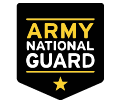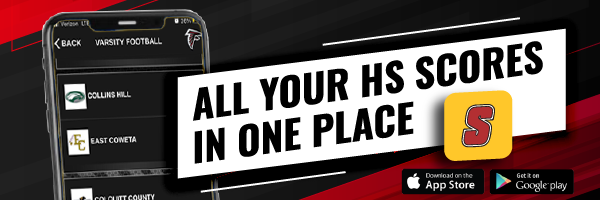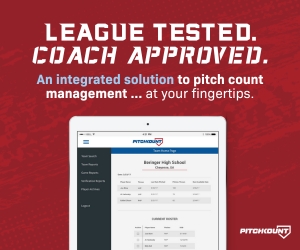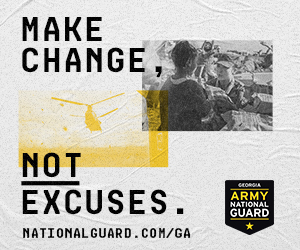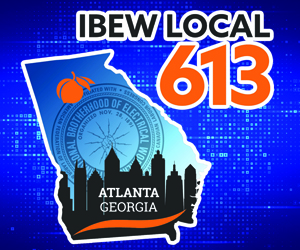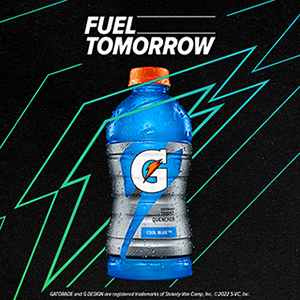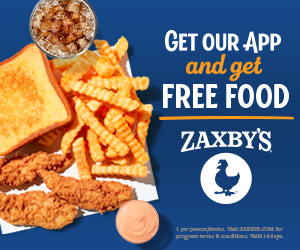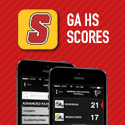The NFL lockout is over, football is back in action, and fans haven’t had to miss much (save for the cancelled Pro Football Hall of Fame game). Atlanta fans can rest assured that Falcons players are satisfied, owner Arthur Blank is happy, and everything is copasetic. Many people still don’t know what the lockout was all about, though. In short, it was about money and the distribution of NFL revenue. The previous collective bargaining agreement (CBA) between the National Football League Players’ Association and the NFL owners had the owners taking $1 billion of the league’s $9 billion revenue for growth and development and players then getting 57 percent of the remaining $8 billion. Basically, owners and players ended up splitting the $9 billion 50-50.
After the 2010 season, however, the owners voted not to continue the CBA with the NFLPA because they wanted a bigger cut of the revenue to help pay for investments for new stadiums and other expenditures. The players didn’t believe that the owners were losing money as a result of paying player salaries. They thought maybe some of the owners had fabricated pay disputes as a front to renegotiate their own revenue-sharing agreements. Whether this is true or not is impossible to say, but nonetheless the players soundly resisted any pay cuts.
The owners tried to bargain and work out an agreement, but the players remained stalwart. On March 11, the players’ union officially decertified, the first in a series of moves resulting in 10 NFL players (including Peyton Manning, Tom Brady and Drew Brees) filing an anti-trust lawsuit against the league and owners. In response to this lawsuit, the league locked out all of the players.
On April 25, though, the Minnesota U.S. District Court ruled the lockout as invalid and ordered the league to resume operations. Without a CBA and rules concerning salaries, free agency and other labor issues, the league was in disarray. The chaos was short-lived, however, as the league appealed to the Eighth Circuit Court of Appeals, which stayed the ruling on April 29 and ultimately vacated it on July 8. The lockout was official.
Neither side wanted to continue the lockout and, in the following weeks, representatives from the players’ union negotiated with the owners, including Atlanta’s own Arthur Blank, to reach a compromise. Throughout these talks, Blank updated fans through letters, assuring them that he and the other owners were being reasonable in their requests and that everyone wanted to resolve things peacefully. Thankfully, he was right, and on July 25 right here in Atlanta, the owners and players reached an agreement on a new 10-year CBA. Both sides fared well.
The most important change, the issue that sparked the entire fiasco, is the new revenue split. Now owners get a slightly larger cut, 53 percent, leaving players with 47 percent. While the players get a marginally smaller cut of the pie, though, they actually end up with better salary deals. There is now a salary cap of $120 million (plus $22 million in benefits) per team, and owners must spend 99 percent of that cap in the 2011-2012 season. Not only does this mean that all teams will now have relatively equal payrolls for players but also that the money will be distributed more fairly throughout the team, with the star players shaving a little bit off of their fortunes to bolster the other players’ salaries. Also, the minimum salary will increase $50,000 this year, with further increases annually. In addition to these salary changes, new work rules, shortened offseason workouts and five consecutive days off during bye weeks should hopefully result in fewer injuries and longer careers for players. This was a crucial point for the players. As Falcons QB Matt Ryan told the Atlanta-Journal Constitution, “I think it’s good for the wear and tear on the body. From a player safety standpoint, it was something that is very important to the NFLPA.” Players will receive greater health benefits, too, including over $1 billion for post-career injuries.
Despite both sides winning their major demands, there was some compromise as players did not get the opt-out clause they wanted (meaning they cannot back out of the 10-year deal early), and owners did not get the extra two games per season they wanted (it remains at 16 per season).
It is appropriate that the new CBA passed in Atlanta, because the Falcons should benefit greatly from the new rules, particularly financially. The Falcons, with their frugal spending, will fall $18 million under the $120 million salary cap this season, and if necessary, we can go even lower by renegotiating veterans’ contracts. “We won’t be in a situation where the cap will mandate those decisions,” team president Rich McKay told the AJC. “We’ll be in a good place.” So, while other teams will have to cut players to meet the cap, the Birds can focus on signing the players they need and negotiating with free agents.
One major new player is WR Julio Jones, the sixth pick of the NFL draft. Due to the “entry-level compensation system” in the CBA, rookie pay is greatly reduced, so the Falcons won’t pay nearly as much for Jones as with previous draft picks. As for free agents, the Falcons have 11. While they have enough money to comfortably re-sign many of them, they also need to sign a high first-round draft pick for their defense, meaning they might have to sacrifice re-signing some free agents. Right tackle Tyson Clabo is enjoying his new free agency but hopes to stay with the Falcons. “I’m excited [about free agency],” he told the AJC. “Hopefully, Atlanta will do what they need to do to keep me.”
Unfortunately, Clabo may be too expensive now for the Falcons to re-sign, especially of they sign a new defensive end. Amongst the other free agents, most will probably be re-signed, though with some exceptions. Michael Koenen is an excellent kickoff guy, but the new rule pushing the kickoff point to the 35-yard line may render his skills useless. Koenen is also the team’s punter, and the Falcons took Miami punter Matt Bosher in the draft, so Koenen probably won’t be back with Atlanta. Also, running back Jerious Norwood has played great but has been frequently injured, playing in only 57 of his 80 regular season games. With another running back (fifth-round pick Jacquizz Rodgers) already signed, it’s unlikely the Falcons will re-sign Norwood. The other free agents, Justin Blalock, Matt Bryant, Harvey Dahl, Brent Grimes, Mike Peterson, Jason Snelling and Eric Weems, look like they will return, though it’s not a sure thing. Linebacker Stephen Nicholas just re-signed for a 5-year $17.5 million dollar deal, so Atlanta fans can expect to have him around for a while.
One last major perk of the new CBA for the Falcons is a possible new stadium. With the extra cut of the revenue Blank is getting, he and the club are planning a $700 million open-air stadium, about a half mile north of the Georgia Dome downtown. The stadium could be finished as early as 2017, so Falcons fans should start looking forward to new digs. Hopefully, there won’t be a lockout in six years.



